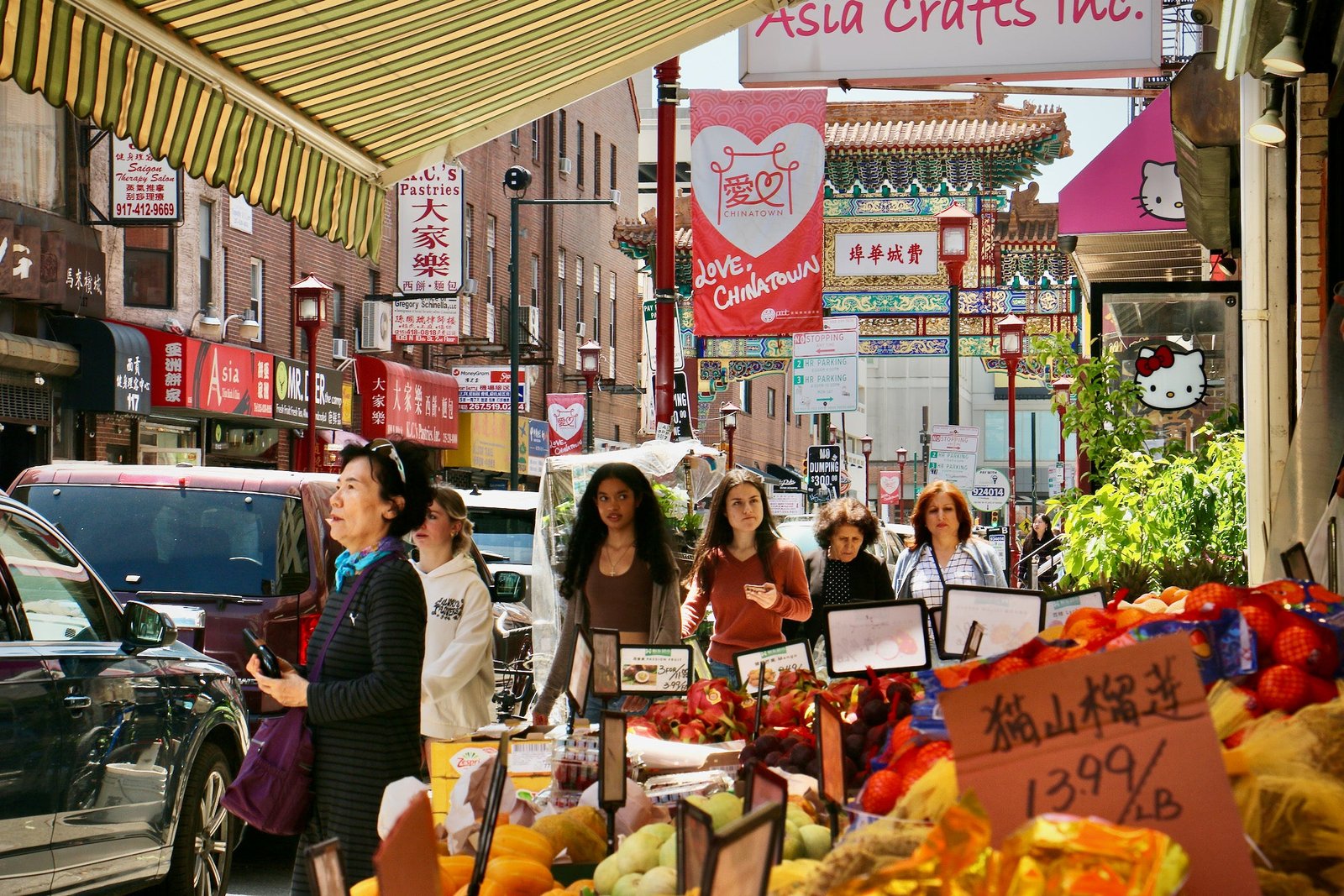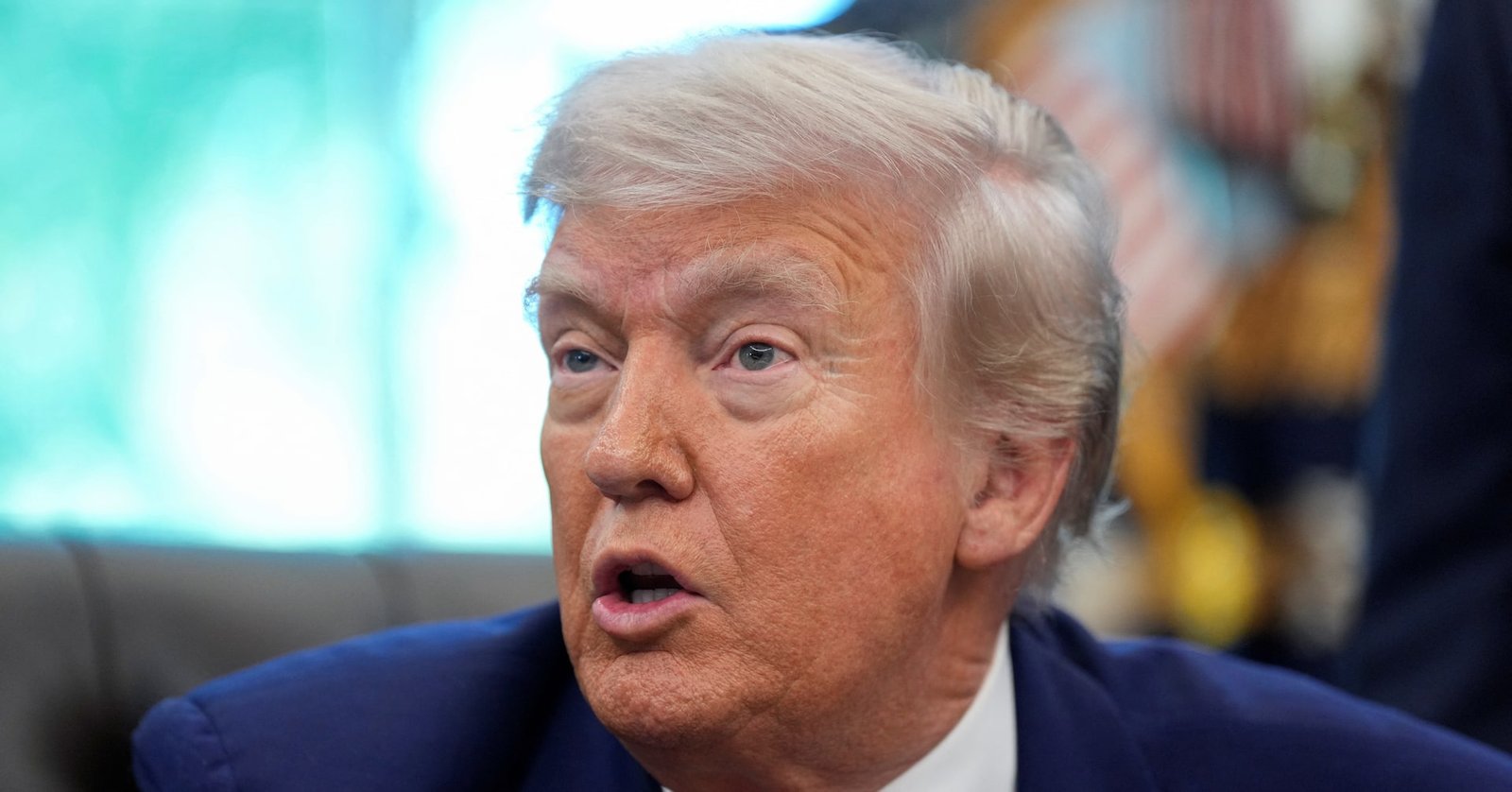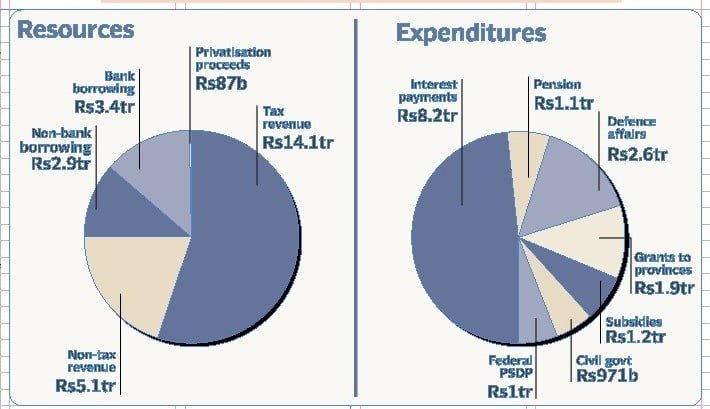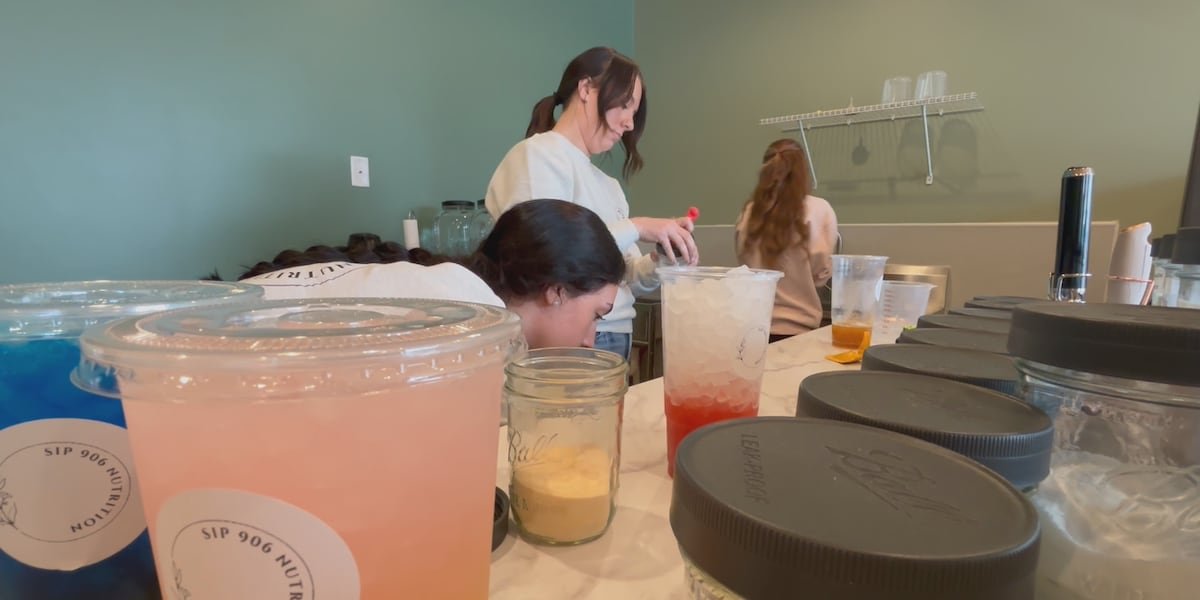Chinatown
Chinatown traces its origins to the 1870s, when Chinese immigrant Lee Fong opened a laundry business, marking the beginning of a community formed by Chinese migrants who fled anti-Chinese sentiment in the American West and sought refuge in eastern cities like Philadelphia. These early immigrants established laundries and restaurants in the 900 block of Race Street, creating a tight-knit enclave amid widespread discrimination and restrictive immigration laws like the Chinese Exclusion Act of 1882.
Since then, urban development projects, such as the construction of the Vine Street Expressway and the Pennsylvania Convention Center, ate away at the neighborhood and it’s now a quarter of the size it was at its height. More recently, the proposed 76ers arena led to fears among residents that it could lead to further gentrification and displacement.
However, the neighborhood has persisted, making it the oldest continually existing Chinatown on the East Coast, only falling behind San Francisco for longevity.
Some of the shops and restaurants operating in Chinatown are decades-old, family-run businesses that have been passed down through the generations. Asia Crafts shares that legacy. Law’s mother started the shop which now operates in a space that previously housed her grandfather’s laundry business.
Law runs the store with her brother, Eric, as they monitor what’s “trending” in the world of Asian pop culture — usually what’s “kawaii,” or cute, Eric Law explained to the governor. They said the store has “evolved” over the years from primarily selling festival items, red envelopes and foreign magazines.
“My mom’s kind of in transition to retirement, so the kids are coming together and to try to make it more modernized because Chinatown is changing,” she explained. “So we’re trying to change with the times.”
Later, at Vivi, Shapiro ordered matcha tea with boba while he talked with local community leaders about the challenges they face. They also talked about the opportunities he sees in next year’s extravaganza of global events, such as the semiquincentennial and World Cup.
John Chin, executive director of the Philadelphia Chinatown Development Corporation, told the governor that, according to a recent survey, there are 369 businesses in Chinatown. Shapiro said that he is proposing around $60 million towards promoting hospitality tourism, with a focus on boosting small businesses.
“We’re being really purposeful about trying to lift them up in the conversation,” he said. “When someone comes here and they check out their hotel, they get a pamphlet that says, ‘Hey, walk two blocks and you’re in one of the nation’s oldest Chinatowns, go check it out.’”
“We’re really glad you’re taking the small business into account for this upcoming 2026,” said James Wang, president and CEO of Asian Bank, a Philadelphia-based institution which provides loans to businesses in Chinatown and elsewhere in the city. “A lot of them don’t know how to participate in such a big event.”
Also joining the conversation were Mohan Seshadri, executive director of the Asian American Community Fund of Pennsylvania; Wei Chen, of Asian Americans United who serves as chairperson of the Governor’s Advisory Commission on Asian American & Pacific Islander Affairs; and Allan Chen, of the Philadelphia Chinatown Development Corporation.
The governor also visited the local fire station, Philadelphia Fire Department Engine 20, dubbed the House of Dragons. There, he received a t-shirt from the station adorned with a green fire-breathing dragon.





